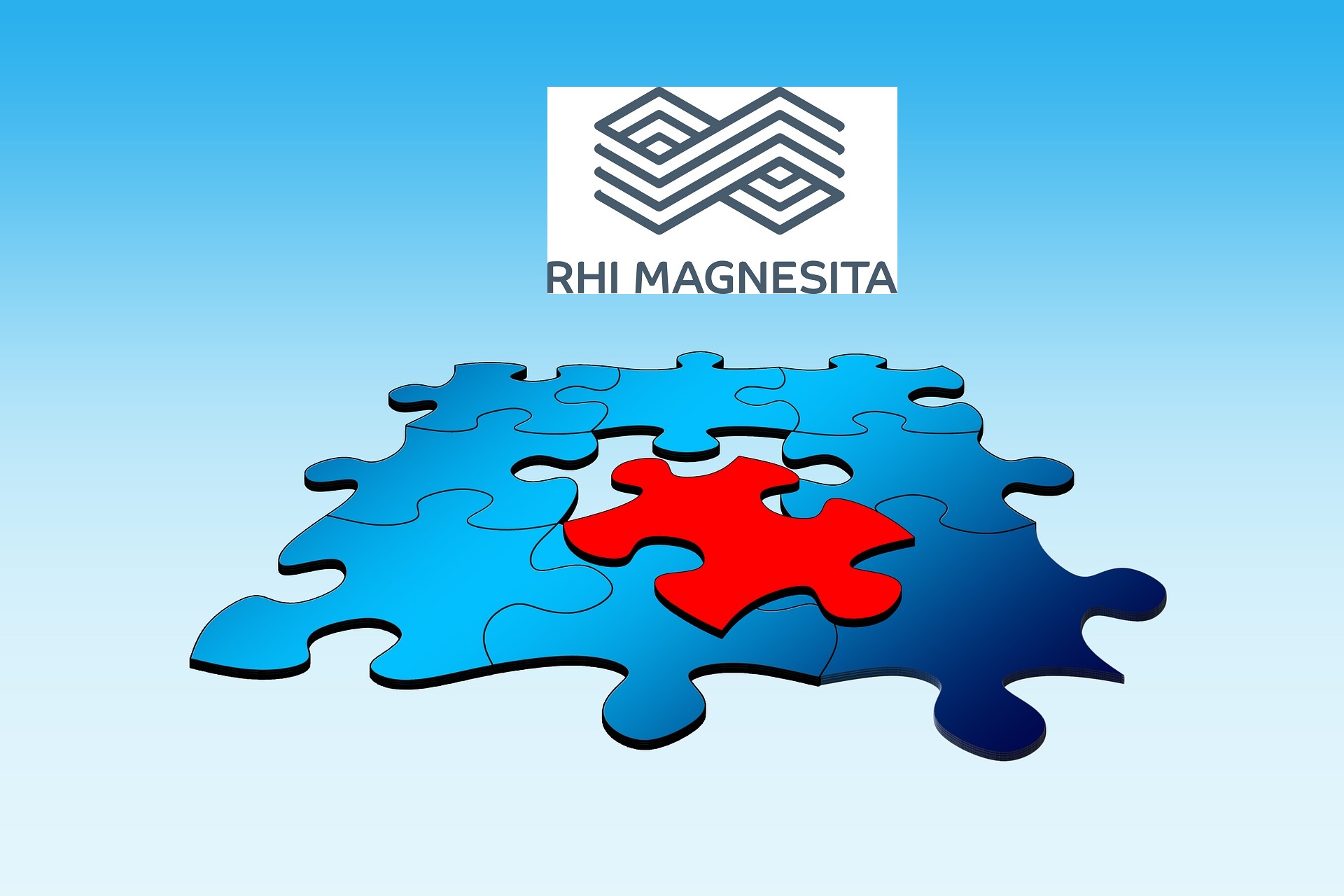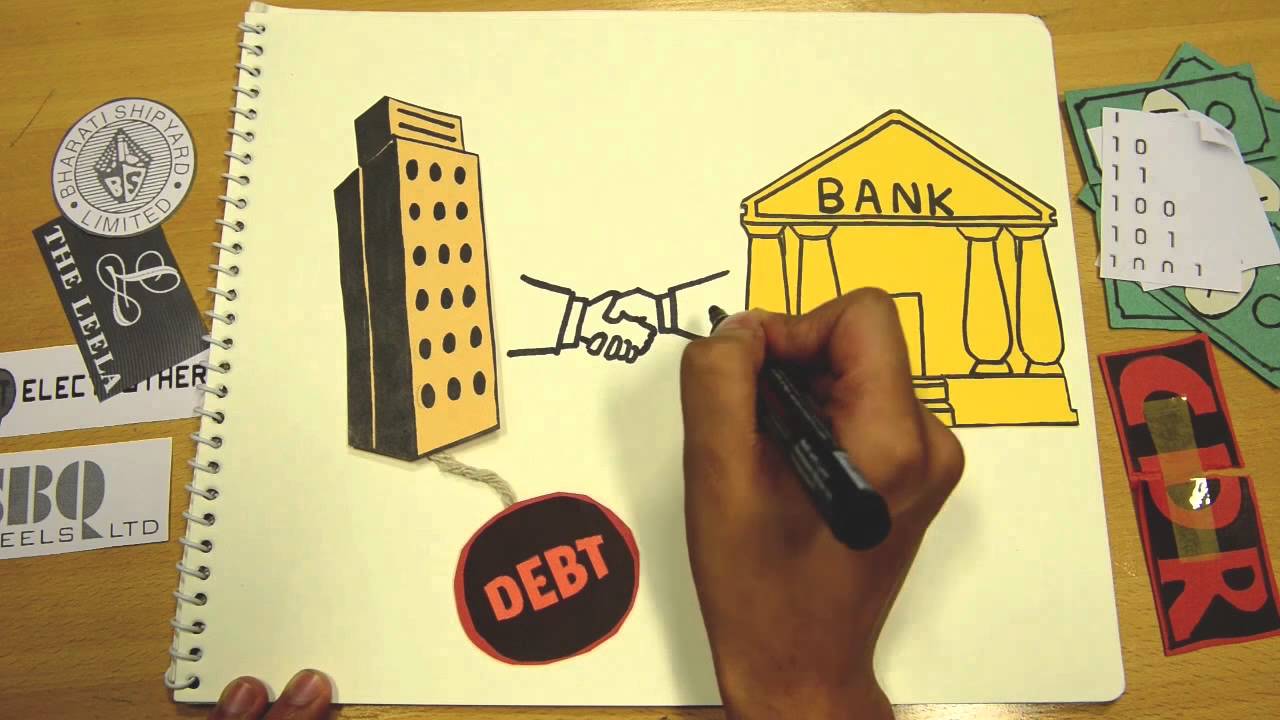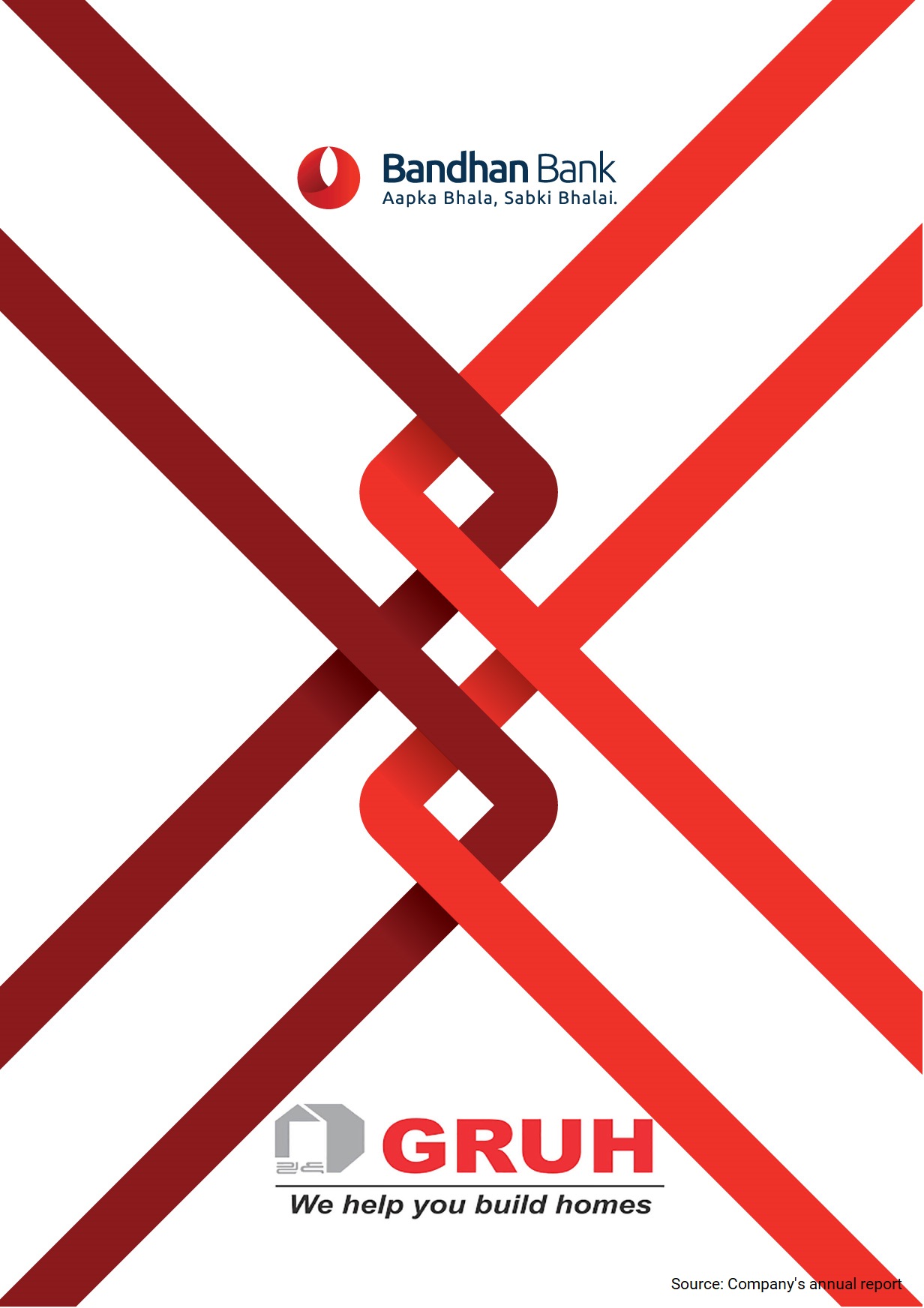Deal activity in the U.S., while down from last year, still has tailwinds as companies seek ways to expand amid sluggish economic growth, said Larry Grafstein, UBS Group AG’s co-head of mergers and acquisitions in the Americas.
“What’s paradoxical about this M&A cycle and makes it different than the ones I’ve seen over the course of my career is that it’s driven, in a way, by the lack of confidence,” Grafstein said Monday on Bloomberg TV. “If you don’t have the secular tailwinds of high growth and you have a relatively strong stock market as we’re seeing even today, the question becomes how to grow into your valuation.”
To watch Larry Grafstein talk about the current M&A climate, click here
“With the persistence of very cheap money conditions, liquidity has driven a lot of activity,” he said.
Among those who stand to benefit from continued dealmaking are activist and institutional investors, according to Grafstein, who joined UBS in 2012 from Rothschild. Activists have become a permanent fixture in the deal landscape, he said, and companies that lag in their industries are increasingly susceptible to campaigns by such investors.
“No one has a monopoly on wisdom,” Grafstein said. “If they have constructive ideas you should engage with them and take them very seriously,” he said of activists.




